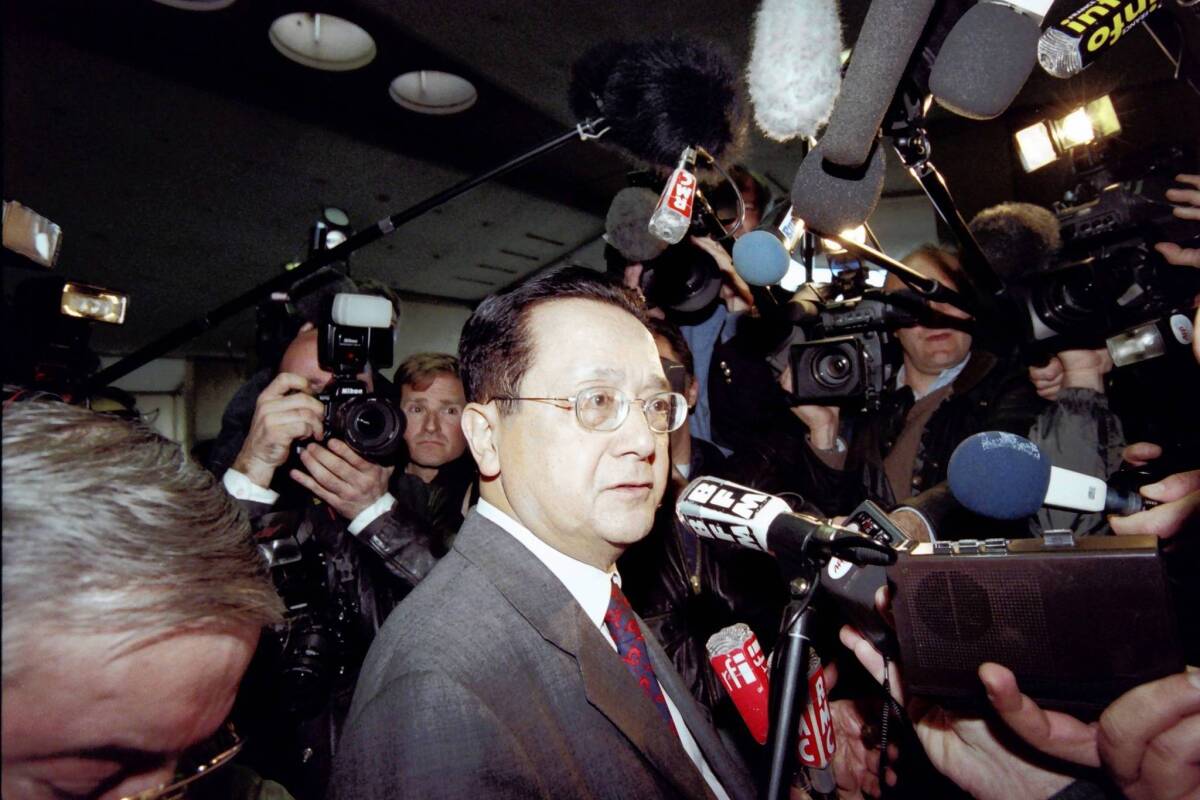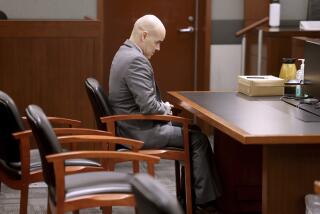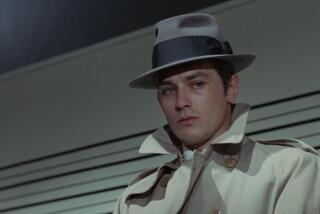Jacques Verges dies at 88; lawyer nicknamed ‘Devil’s advocate’

Jacques Verges, the flamboyant lawyer who earned the nickname the “Devil’s advocate” for his defense of former Nazis, terrorist bombers and notorious dictators and their aides, has died. He was 88.
Verges died of cardiac arrest Thursday in the Paris bedroom of Voltaire, the Enlightenment philosopher famed for his attacks on the establishment, according to Pierre-Guillaume de Roux, the editor of Verges’ memoir “My Confessions.” He had been invited to the apartment for dinner by a friend who is the current owner, De Roux said.
Celebrated and excoriated, Verges already had a reputation as an acerbic attorney ready for the lost cause when he stepped up to defend Klaus Barbie, the former Gestapo captain who directed a campaign of torture and death in the south of France and was ultimately convicted of crimes against humanity in 1987 in Lyon, France. He was later a lawyer for Paul Touvier, a Frenchman who was Barbie’s aide in execution and was also convicted of crimes against humanity.
“I would have defended Hitler,” Verges once said. “Defending doesn’t mean excusing. A lawyer doesn’t judge, doesn’t condemn, doesn’t acquit. He tries to understand.”
Verges likewise lost the case against Carlos the Jackal, the Venezuelan terrorist who kidnapped 11 OPEC oil ministers in 1975 and led a series of bombings and shootings in the 1970s and 1980s.
During 1994 court hearings for Carlos, Verges found himself in the headlines, accused of being a spy and Carlos’ comrade-in-arms. He was never charged and appeared unperturbed by the allegations. Carlos was convicted in 1997 — after Verges had left the case — and sentenced to life in prison.
Verges was born in Thailand in 1925. His mother was Vietnamese and his father a Frenchman from the overseas island Reunion. He grew up on Reunion and took up the anti-colonialist cause as a young man.
The attorney married one of his first clients, Djamila Bouhired, a young Algerian nationalist who went on trial in 1957, accused of planting bombs in public places. She was sentenced to death but ultimately pardoned in 1958 after Verges raised repeated questions about the court’s legitimacy and her guilt — the first time he employed the strategy of legal “disruption” that would become his trademark. He took on Algerian citizenship, converted to Islam and rose to prominence in the foreign affairs ministry. Then, in 1970, he disappeared.
For more than eight years, there was no trace of him. His wife and friends appealed for anyone who had seen him to come forward. Then in 1979, Verges reappeared in Paris. He never offered an explanation, seemingly delighting in confounding people.
In a 2005 interview, he would say only that he had been “very much to the east of France.”
He also helped defend Slobodan Milosevic, the former Serbian leader who ultimately turned down Verges’ help and acted as his own lawyer. Milosevic died before the end of his trial. And Verges claimed to be on the defense team for Saddam Hussein and one of his closest aides, Tariq Aziz.
“He was one of two or three extraordinary lawyers of my generation,” George Kiejman, a French attorney who frequently faced Verges in court, told French media. “I gave him all my respect, all the while knowing that we would agree on absolutely nothing.”
Verges is survived by two sons and a daughter, De Roux said. His marriage to Bouhired, their mother, failed soon after he reappeared without explanation.
Hinnant writes for the Associated Press.
More to Read
Start your day right
Sign up for Essential California for the L.A. Times biggest news, features and recommendations in your inbox six days a week.
You may occasionally receive promotional content from the Los Angeles Times.






